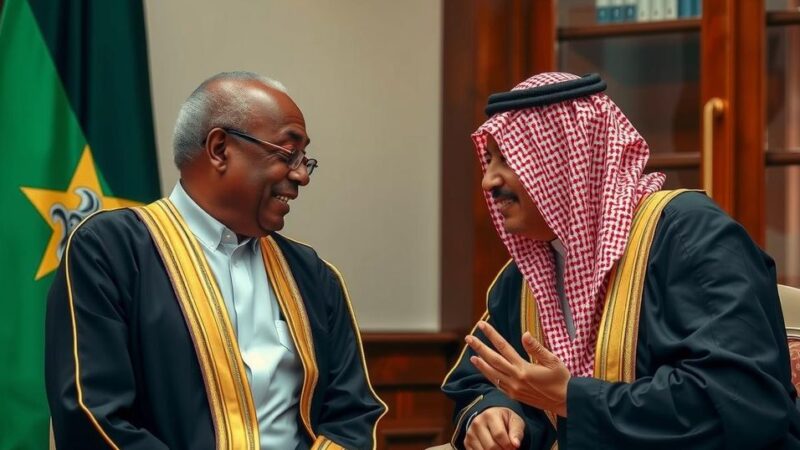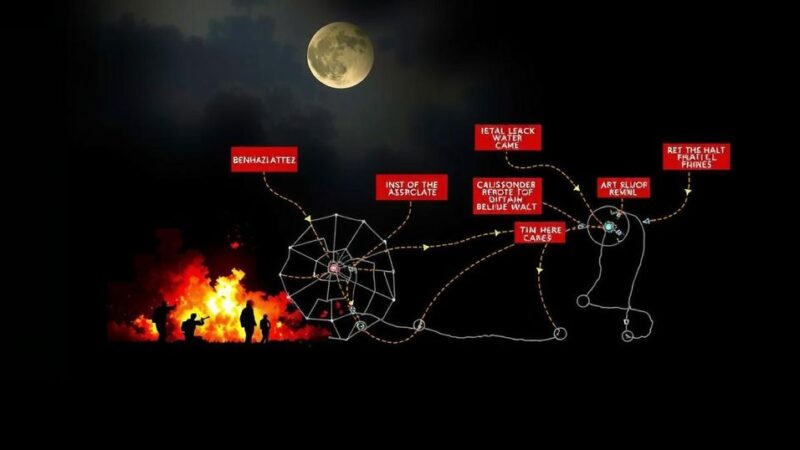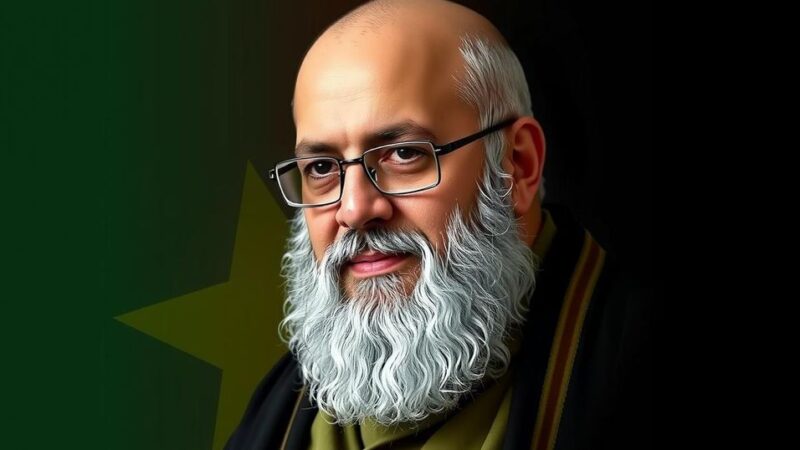The Middle East crisis has intensified as Iran warns the UN about Israeli threats to its nuclear facilities, while Israel escalates strikes in Lebanon, resulting in casualties, including Lebanese soldiers. Simultaneously, the WHO is organizing medical evacuations for Palestinians amid Israel’s military campaign, and the U.S. has deployed advanced defense systems in Israel. The situation highlights urgent humanitarian and geopolitical challenges as military actions continue.
In a recent escalation of tensions, Iran has formally notified the United Nations nuclear watchdog of Israeli threats directed at its nuclear facilities. Foreign Ministry spokesperson Esmaeil Baghaei communicated these concerns during a press conference, expressing alarm about the potential for Israeli attacks following a series of Iranian missile launches on October 1. Baghaei emphasized, “Threats to attack nuclear sites are against UN resolutions … and are condemned … we have sent a letter about it to … the UN nuclear watchdog.” This statement reflects Iran’s commitment to safeguarding its nuclear interests against perceived Israeli aggression. Simultaneously, Israel has been intensifying its military operations in Lebanon, including an airstrike that inadvertently resulted in the deaths of three Lebanese troops. The Israeli Defense Forces (IDF) clarified that they do not engage with the Lebanese military, mistakenly targeting a Hezbollah vehicle instead. Amidst ongoing conflicts, Hezbollah has declared a new phase in its combat efforts against Israeli forces following the high-profile death of Hamas leader Yahya Sinwar. In humanitarian developments, the World Health Organization announced impending evacuations of up to 1,000 Palestinian women and children from Gaza for urgent medical treatment, amidst claims of Israel intentionally targeting health facilities during its military operations, which the UN has decried as potential crimes against humanity. The United States has also been engaged in the conflict, having deployed its Terminal High Altitude Area Defense (THAAD) system in Israel to bolster its defenses against Iranian missile threats. Defense Secretary Lloyd Austin confirmed the system’s readiness to operate as a response to the increasing tensions in the region. Israel’s extensive aerial campaign has led to attacks on numerous targets linked to Hezbollah and other organizations within Lebanon, prompting rising fears among local communities regarding the safety of displaced individuals. The situation remains precarious as both sides appear poised for further military actions, underscoring the urgency for international dialogue and potential ceasefires amid ongoing violence.
The Middle East region is currently facing heightened tensions characterized by military confrontations involving Israel, Iran, and Hezbollah. Following recent missile strikes by Iran aimed at Israel, Israeli officials have promised retaliatory actions, particularly targeting Iranian nuclear sites. Iran’s declaration to the United Nations indicates a significant level of anxiety regarding its nuclear program amid threats perceived from Israel, which has been engaged in military operations across Lebanon in response to perceived aggressions from Hezbollah. This atmosphere has elicited humanitarian crises, with the World Health Organization coordinating evacuees in dire need of medical assistance from the conflict-ridden Gaza Strip. The geopolitical dynamics are further complicated by U.S. military support for Israel and arguments surrounding the legality and morality of targeted attacks in civilian-populated areas.
The recent developments in the Middle Eastern crisis demonstrate an ongoing cycle of military engagement and strategic threats among Israel, Iran, and Hezbollah. Iran’s notification to the UN regarding Israeli threats illustrates its determination to protect its nuclear sites amid rising military tensions. Furthermore, Israeli operations in Lebanon raise serious humanitarian concerns, exacerbating fears of civilian casualties and regional instability. The involvement of international actors, particularly the United States with its military defenses, underscores the multifaceted nature of the conflict, making the need for diplomatic resolutions more pressing.
Original Source: www.theguardian.com






